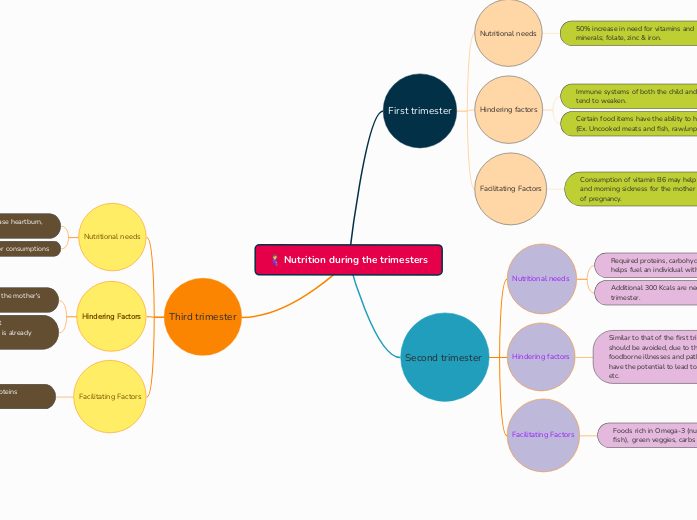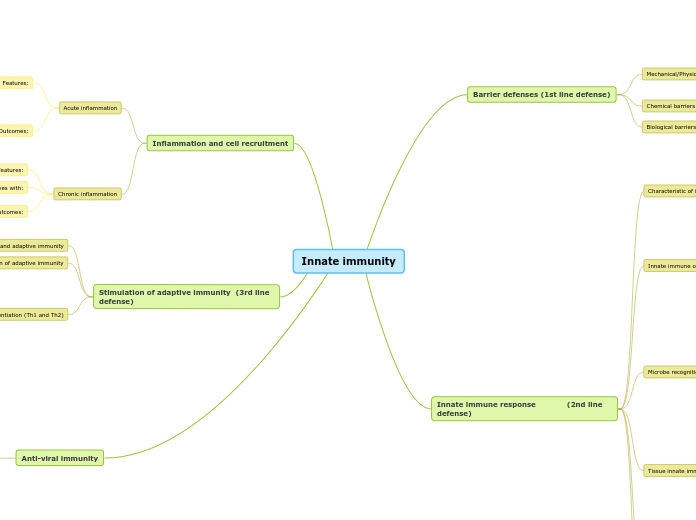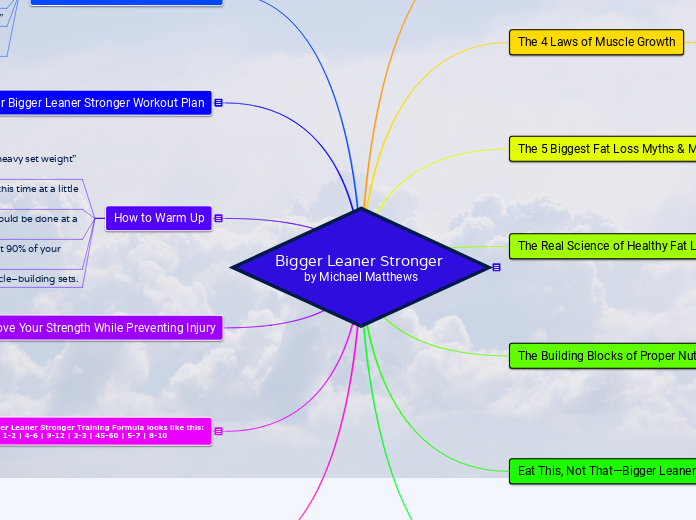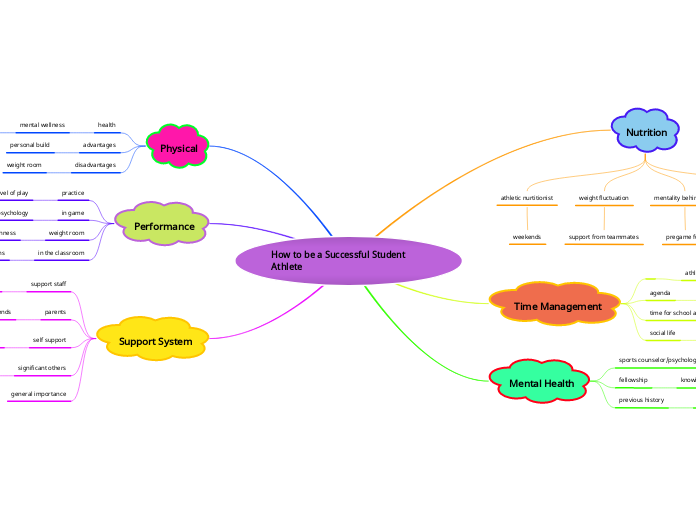by Naisha Patel 11 months ago
104
Nutrition during the trimesters
Pregnancy involves distinct nutritional needs and considerations across its three trimesters. During the first trimester, the mother's immune system, as well as that of the developing baby, is particularly vulnerable, making it crucial to avoid certain foods like uncooked meats and raw milk.









